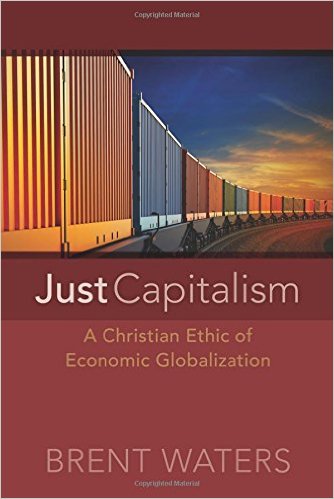
You will not find anything better to read today – you will probably not find anything better to read this month – than Jonah Goldberg’s urgent testimony on NRO today on the stark difference between patriotism and nationalism. (Although yesterday’s WSJ column by Bret Stephens on how Trump says America is as guilty as Putin because he aspires to rule the way Putin does is a close second.)
The whole Goldberg essay is urgently worth your time, but the final paragraph strikes me as especially important:
In a normal time, I would still have the above disagreements (and a few others I left out) with Rich and Ramesh, but they would be entirely academic. But this is not a normal time, and the decision to slap a coat of paint over the term nationalism becomes difficult not to interpret as a whitewash. If the intent is to educate the president about what nationalism, rightly understood, is, I wish them luck, but I won’t get my hopes up.
Here is a capsule summary of how Trump destroys conservatism. The attempt to influence the would-be dictator takes the form of an effort to craft a new, artificial language where the words he’s committed to (nationalism, populism) are given synthetic meanings that are less obviously at varience with the rule of law and our national traditions of justice and freedom; all that is really accomplished is the destruction of those national traditions through the debauchery of the language through which alone they can be instantiated. All attempts to manipulate politics through the construction of artificial language end in unfreedom.
This morning I listened to a recording of Martin Luther King talking about the American Dream of universal rights and freedoms, and how America had always had “a schizophrenic character” because it had always been dedicated to this dream, yet had always defaced it with various injustices. In the movie Hidden Figures (go watch it today if you have not done so) you can hear King talking about how the civil rights movement is not fighting for blacks against whites, but for all Americans and for the glory of the American experiment – and especially for those who oppose civil rights and commit oppression, whom the civil rights movement was struggling to save from their own wickedness.
That is the kind of patriotism we need.
Update: Via Jim Geraghty, here is George Orwell on patriotism v. nationalism:
Nationalism is not to be confused with patriotism. Both words are normally used in so vague a way that any definition is liable to be challenged, but one must draw a distinction between them, since two different and even opposing ideas are involved. By ‘patriotism’ I mean devotion to a particular place and a particular way of life, which one believes to be the best in the world but has no wish to force on other people. Patriotism is of its nature defensive, both militarily and culturally. Nationalism, on the other hand, is inseparable from the desire for power. The abiding purpose of every nationalist is to secure more power and more prestige, not for himself but for the nation or other unit in which he has chosen to sink his own individuality.
That final phrase – “or other unit in which he has chosen to sink his own individuality” – contains great depths. See Also.

